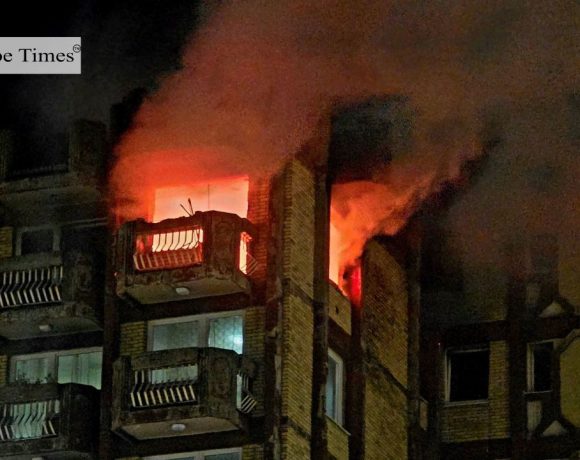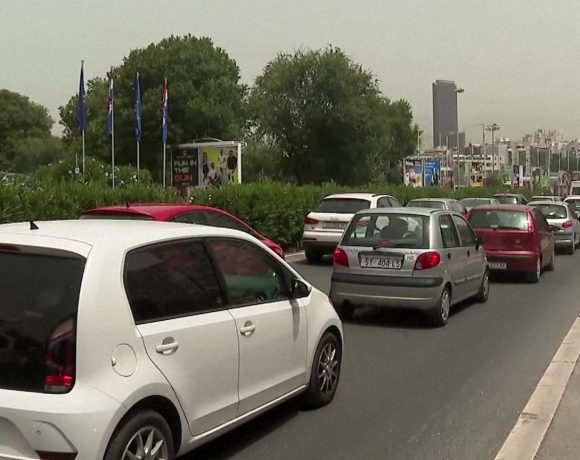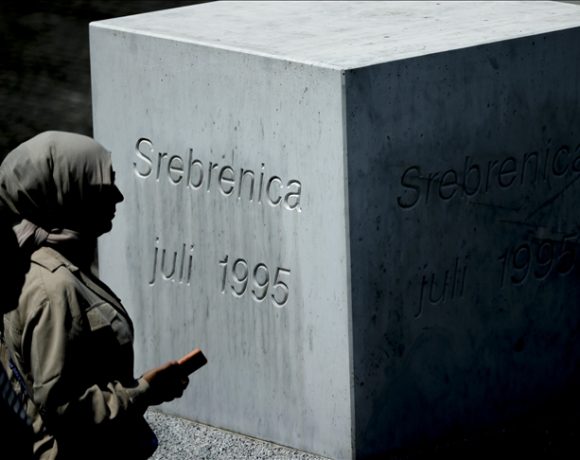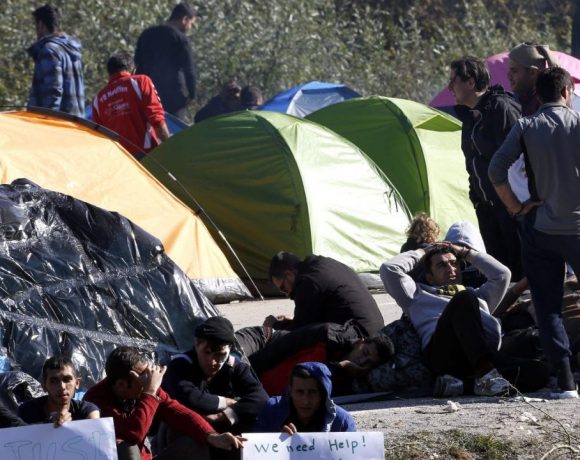
A devastating fire erupted late Tuesday at a retirement home in Tuzla, northeastern Bosnia-Herzegovina, killing 11 people and injuring at least 30 others. The blaze broke out around 20:45 local time on the seventh floor of the facility, sending emergency crews rushing to the scene as residents struggled to escape the intense flames.
Authorities say about 20 people, including residents, firefighters, police officers, and medical staff, were taken for treatment, with several suffering from carbon monoxide poisoning. Three of them remain in intensive care, according to the Tuzla University clinical centre. Officials have announced that a full investigation will begin once the building is secure, though the cause of the fire is still unknown.
Witnesses described scenes of chaos, with bed-ridden residents trapped on upper floors. The home’s director, Mirsad Bakalović, who said he personally knew all those affected, announced his resignation following the tragedy. Bosnia’s presidency chairman Željko Komšić expressed condolences to the victims’ families, calling the incident a heartbreaking national disaster.
Pic Courtesy: google/ images are subject to copyright



